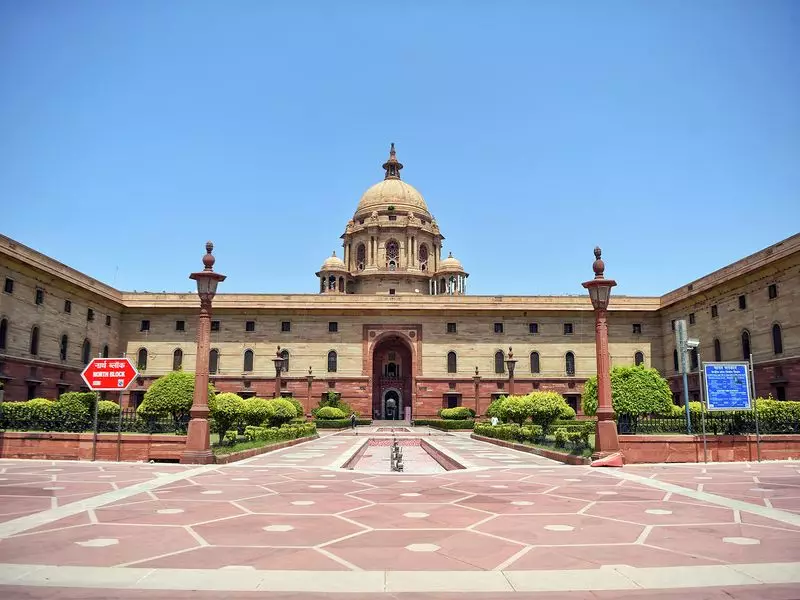
In a significant development for India's fiscal landscape, a recent CAREEdge Ratings report indicates that the higher dividend payout from the Reserve Bank of India is poised to balance potential revenue losses resulting from Goods and Services Tax rationalization in the fiscal year 2025-26.
Fiscal Buffer Against GST Reforms
The comprehensive analysis suggests that the government's planned restructuring of GST rates and slabs, while potentially impacting direct tax collections, could find compensation through the central bank's surplus transfer. This creates an important fiscal safety net as policymakers consider much-needed rationalization of the complex indirect tax structure.
Understanding the Revenue Dynamics
The report highlights how the RBI's dividend distribution to the central government, which has shown an upward trend in recent years, could serve as a crucial revenue stabilizer. This becomes particularly important as India moves toward simplifying its GST framework, a move that economists believe could initially cause some revenue volatility.
Strategic Implications for FY26 Budget
With the Union Budget for 2025-26 in preparation, this analysis provides valuable insights for fiscal planning. The potential offsetting effect of RBI dividends offers policymakers greater flexibility in implementing GST reforms without compromising overall revenue targets.
The balancing act between tax rationalization and revenue stability remains a key challenge for economic planners. The CAREEdge assessment suggests that the RBI's dividend mechanism could provide the necessary cushion during this transition period, ensuring that essential government spending and development initiatives remain unaffected.
This development comes at a crucial time when the Indian economy is navigating multiple challenges, including the need for tax simplification to boost compliance and economic growth while maintaining fiscal discipline.






